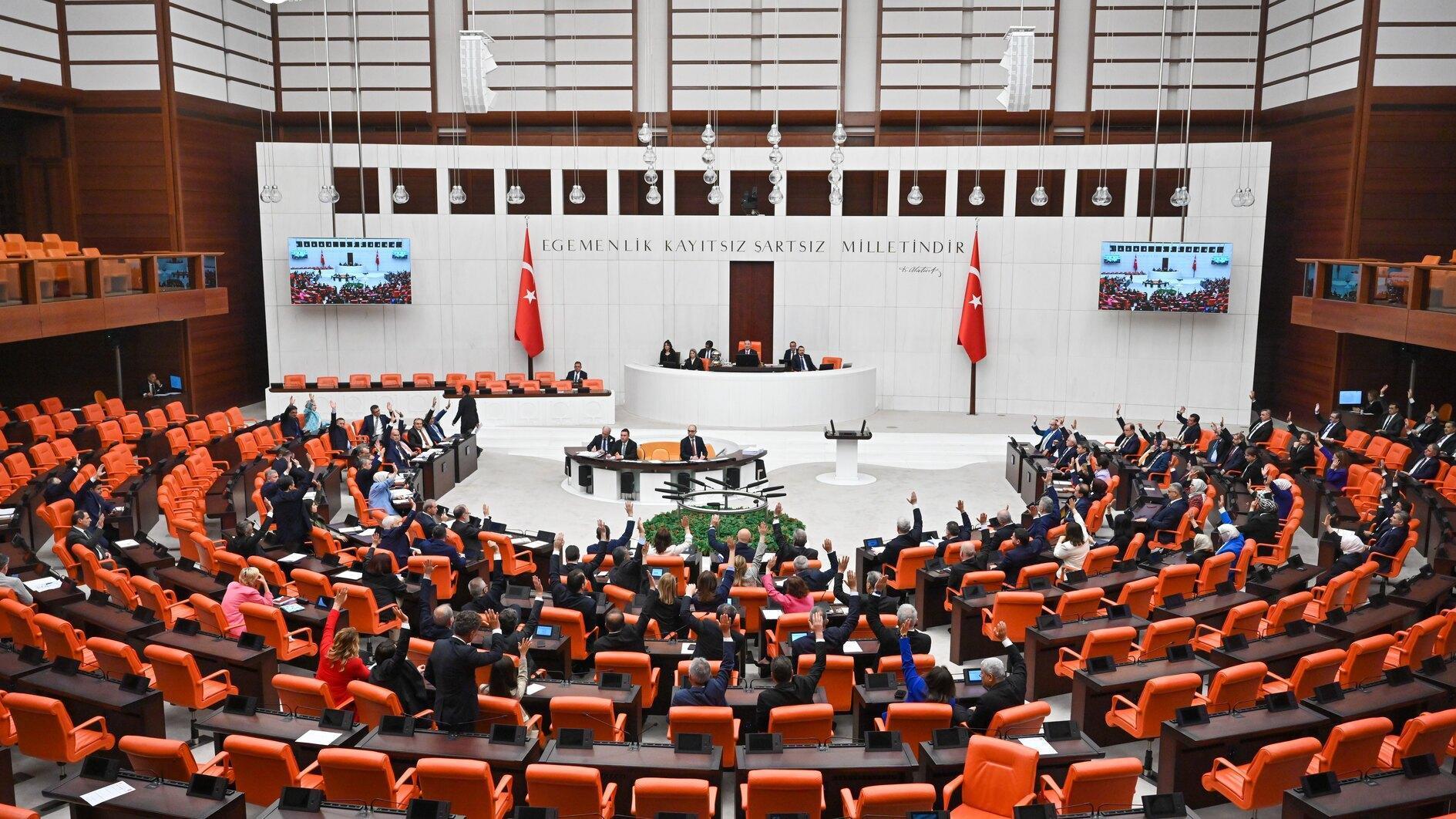
The parliament has ratified a legislative proposal encompassing tax regulations, including an increase in retirement pensions.
The amendment elevated the minimum pension from 10,000 Turkish Liras ($303) to 12,500 liras, with over 3.7 million retirees benefiting from the hike, which the opposition parties expressed criticism as insufficient.
The new law aims to bolster the fight against unregistered business activities by enforcing stricter penalties, as over 4,000 tax inspectors will be deployed throughout the year.
Businesses employing other entities or individuals’ bank accounts or swiping devices will face substantial fines.
The departure tax for Turkish citizens traveling abroad, a hotly debated topic before its implementation, has also risen from 150 to 500 liras. Additionally, the law mandates a 15 percent tax on profits earned by international companies from operations within Türkiye.
In a written statement issued on July 28, the Treasury and Finance Ministry asserted that the new tax regulations are designed to "tax the lesser-earning less, and the higher-earning more."
“With this package, which will strengthen efficiency and fairness in taxation, tax penalties will be increased, some exemptions will be abolished, and the informal activities will be fought more strongly.”
The deputies were also deliberating on an extensive judicial reform bill, with discussions slated for the new parliamentary term in October, after a recess that begins on Aug. 1.
Concurrently, the general assembly is set to commence deliberations on the contentious street animals law on July 28, with members scheduled to vote on various articles over the four-day period leading up to the recess.
A visitor ban was imposed on the parliament in anticipation of discussions on the contentious bill.
The ruling Justice and Development Party’s (AKP) 17-article bill was approved by a parliamentary committee last week following a series of amendments.
The most debated change involved the fifth article of the bill, where the term "euthanasia" was removed.
Instead, a reference was made to the Veterinary Services Act, which still encompasses the same concept.
Under this act, euthanasia is permitted in cases of incurable disease, prevention of acute infectious disease, risks to human health and dangerous behavior to humans and other animals.
The procedure must be conducted by or under the supervision of a veterinarian.